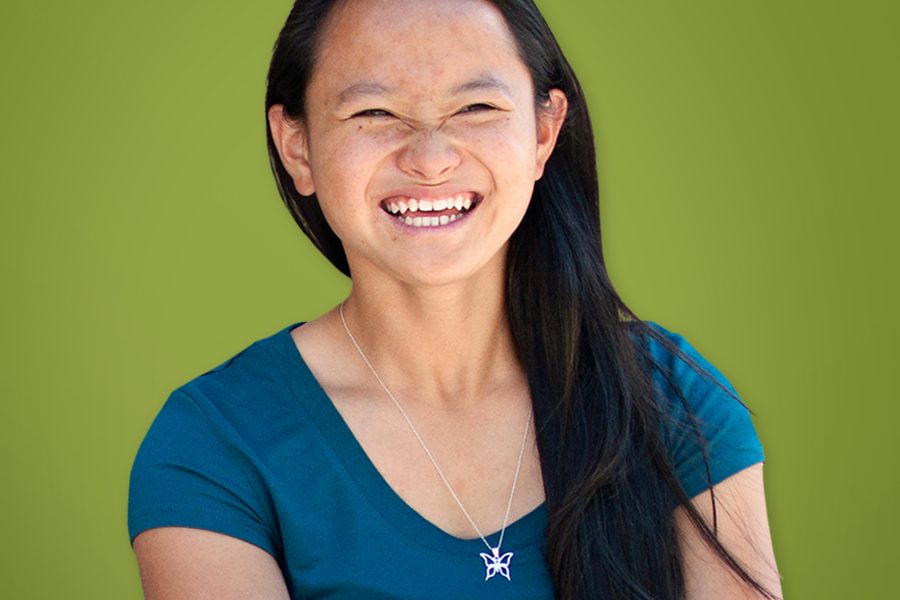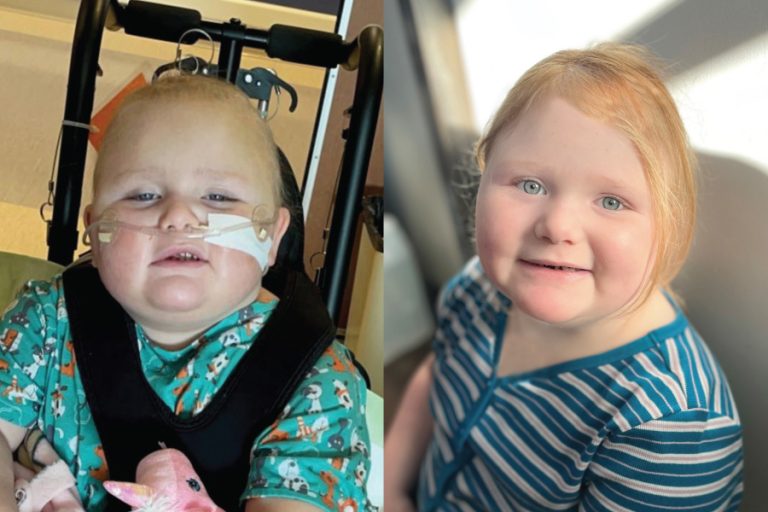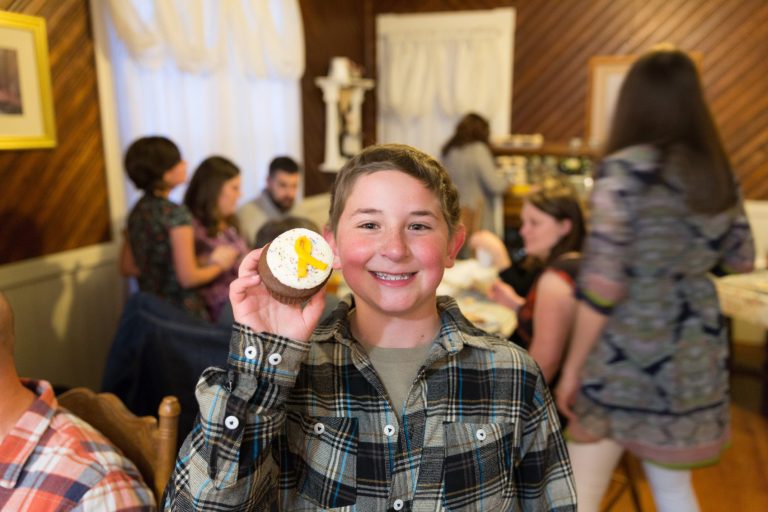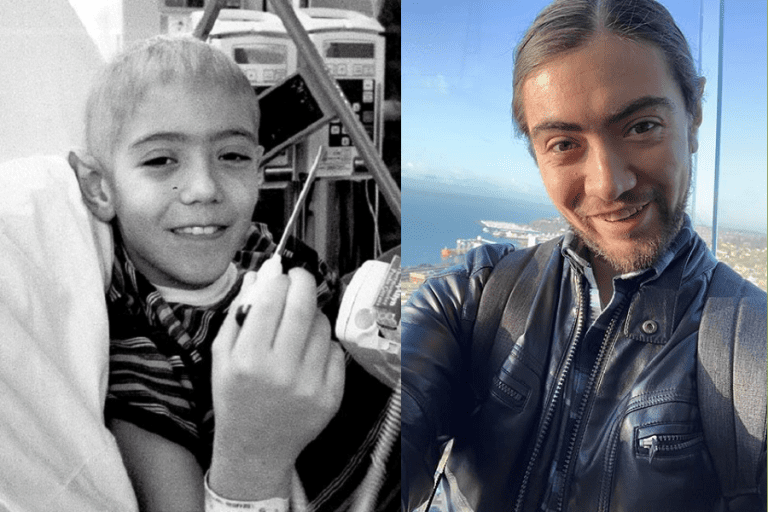Mariah was diagnosed with osteosarcoma when she was 2 years old. After undergoing hospitalizations, painful treatment and amputation surgery, Mariah is now cancer free and a senior at the University of Minnesota. She is making an impact for other kids with cancer by not only raising awareness, but also working in Dr. Lund’s Pediatric BMT research lab and Dr. Laragespada’s cancer research lab.
I have never taken my life for granted and am thankful for all the people along the way that have been both directly and indirectly part of it. Eleven months after being adopted from China, a bump was found on my left leg. After a biopsy, I was diagnosed with osteosarcoma. I went through three months of chemotherapy, an amputation, and then six more months of chemotherapy. I finished treatment at age 3 and have been cancer free since. Because of this experience with cancer, research has been something I have been interested in for as long as I can remember. My doctors, who I am forever grateful for, practice medicine and do research. I knew I wanted to work with patients and see the effects of their treatments. Medicine is a medium through which research is implemented. My treatment was part of a clinical trial, and without research my protocol would not have existed. I want to give back and be part of the research that works on finding treatments for pediatric cancers.
This past year I’ve had the incredible opportunity to work in two labs, with Dr. Troy Lund and Dr. David Largaespada. Both of these labs are connected with Children’s Cancer Research Fund (CCRF), which is one of the coolest things I could ever have imagined. The Largaespada lab is a cancer genetics lab. Some of the projects in the lab work on osteosarcoma, which as an osteosarcoma survivor, is a huge interest of mine. My work in lab has been focused on performing a genetic screen of possible genes relating to Neurofibromatosis Type 1 Syndrome (NF1) and also evaluating a gene related to hepatocellular carcinoma. The hope of understanding how these genes work will give rise to possible new drug targets for treating these cancers. The Lund lab is part of the Pediatric Blood and Marrow Transplant Program (BMT). Dr. Lund is both a physician and a researcher. He has been another mentor for me, as this is the career I am pursuing. It is neat to see how he combines both medicine and research in his work.
One of the first things I noticed when being interviewed and touring the lab was a centrifuge, or large lab equipment piece, labeled that was made possible by CCRF. I was attracted to Dr. Lund’s lab because he is a physician-scientist and because of the amazing Pediatric BMT program the University of Minnesota has. Seeing this additional connection with CCRF made me want to join this lab even more. Our lab uses this centrifuge daily. Research is expensive and seeing firsthand the impact CCRF makes in the lab has given me a deeper appreciation for the contribution this organization makes on multiple levels.
Having the opportunity to work in both labs shows me how much work there is still to be done. One research lab cannot do it all - it takes a team with several different players each focused on different aspects of the same problem. I am driven to understand the differences between cancers and how each responds to treatment. I want to know why some cancers respond to certain treatments, while others do not. Research has been something that I have come to see as the door to new advancements in the medical field.
As a freshman in college, eager to gain experience, I idealized research. However, now as a senior and through the different research opportunities I have had, I know research can be extremely frustrating and puzzling. Breakthrough discoveries do not happen overnight and experiments do not always go as planned; however, this only makes the experiments that “go right” ever more exciting and rewarding. I enjoy the challenge research brings. I know the “answers” I am seeking cannot change the past, but it is the hope of the future that keeps my drive for discovery going.
Support the research Mariah is helping with through the Zach Sobiech Osteosarcoma Fund
Zach and his family helped start the Zach Sobiech Osteosarcoma Fund at Children's Cancer Research Fund. Directed proceeds from his music and other fundraisers help researchers in labs like Mariah’s tackle osteosarcoma.




